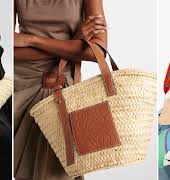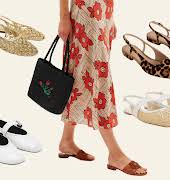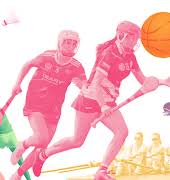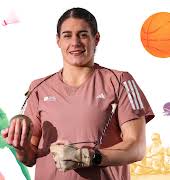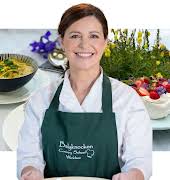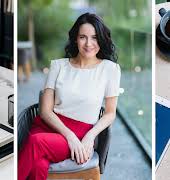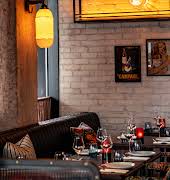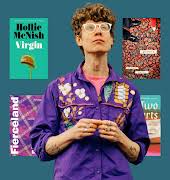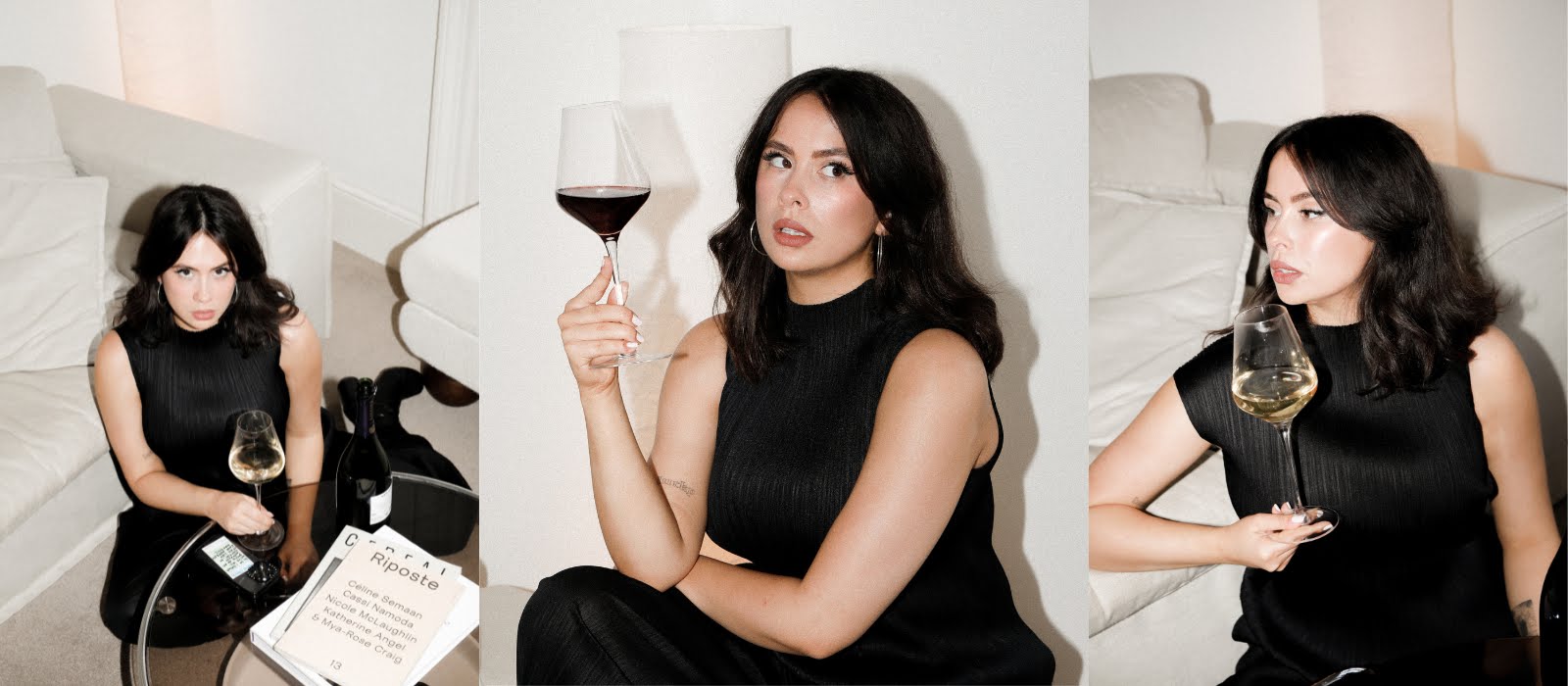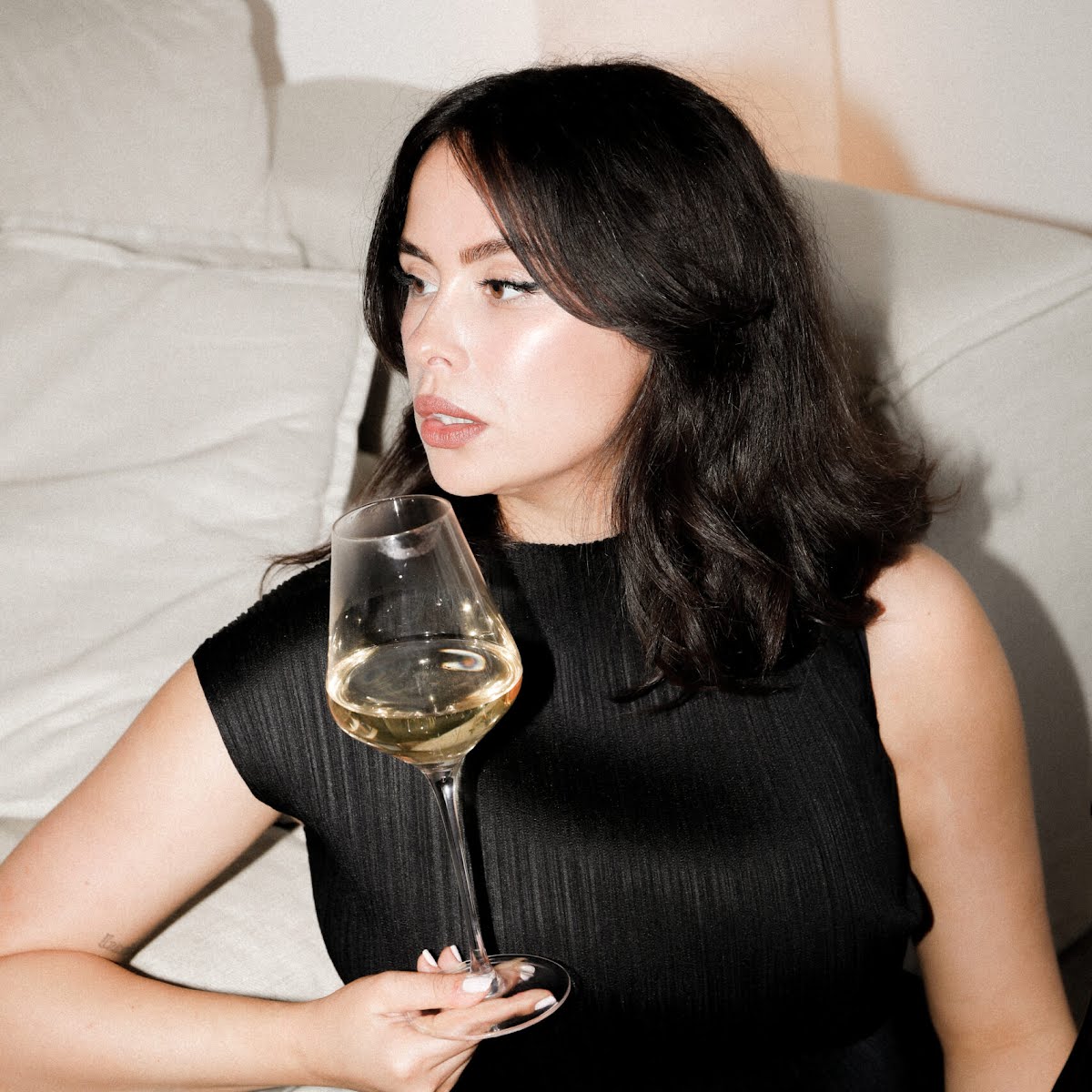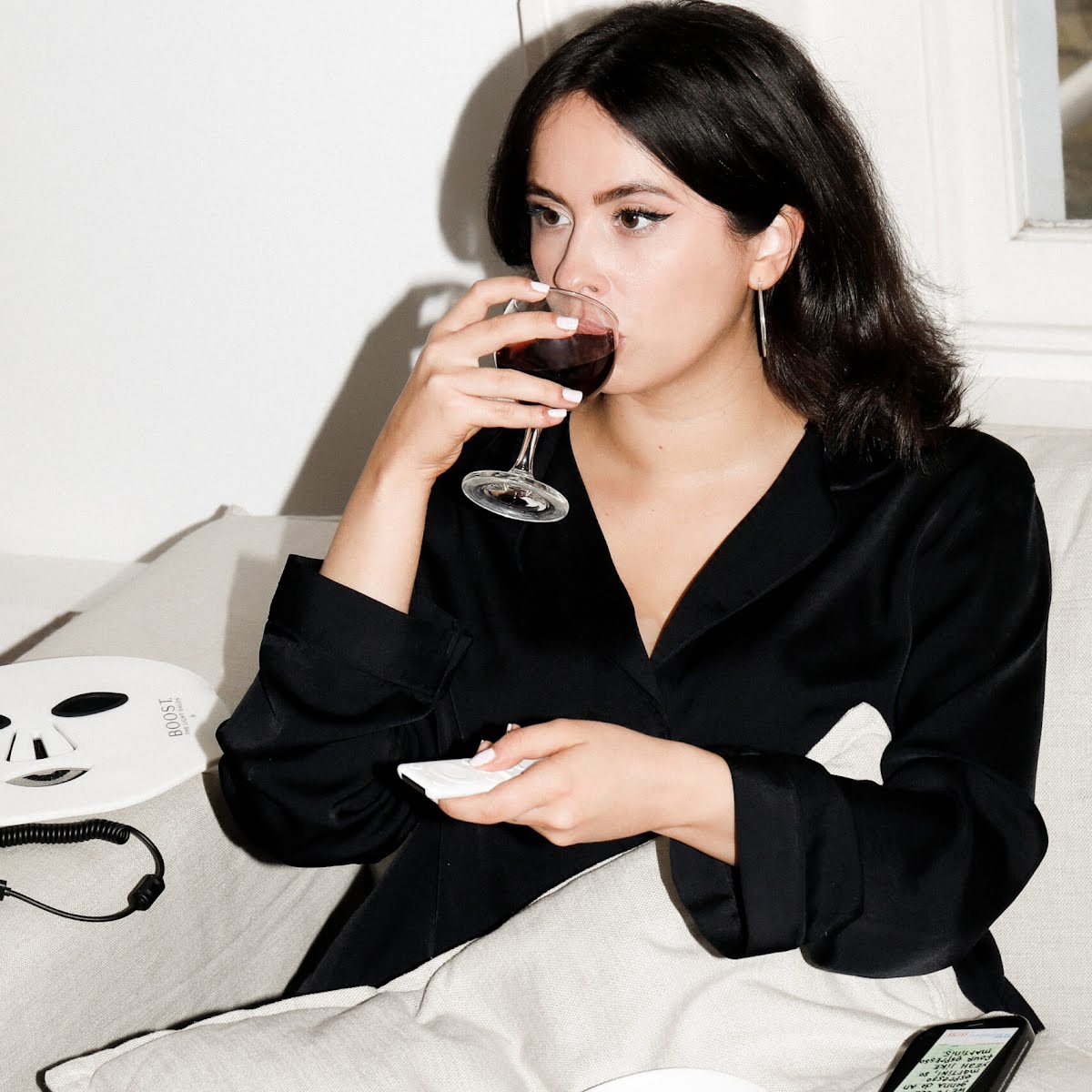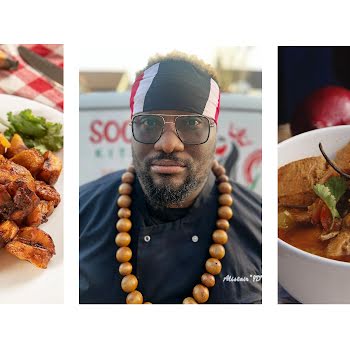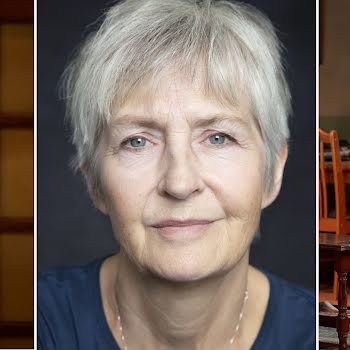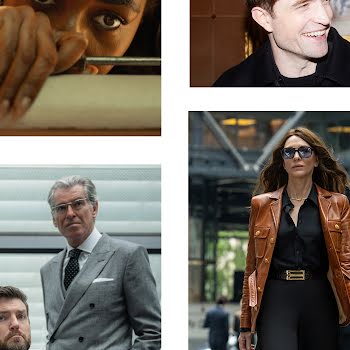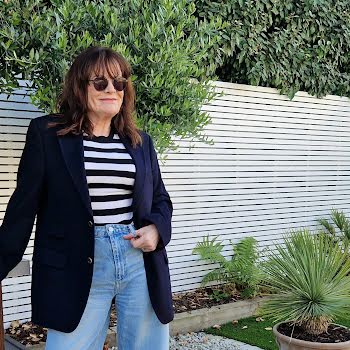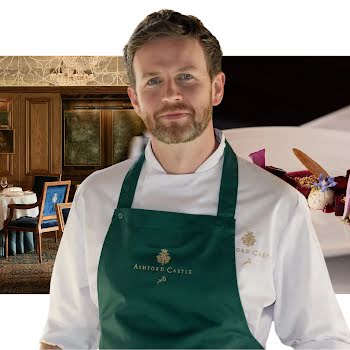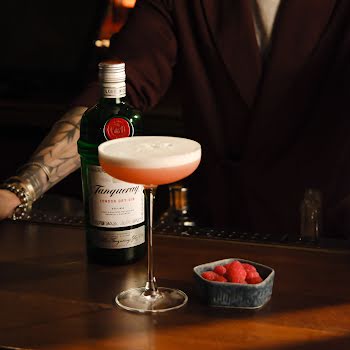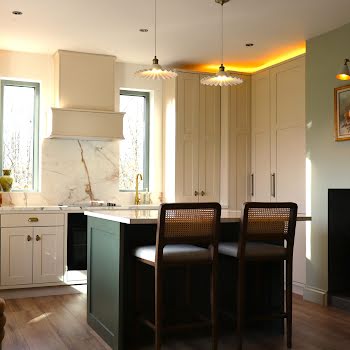Scottish wine personality and writer Hannah Crosbie’s new book, Corker: A Deeply Unserious Wine Book, has just hit the shelves, so it thought it only right that we pick her brain about all things vino.
A woman who has been branded the ‘Nigella of the wine world’, Hannah Crosbie is demystifying the ultra sophisticated world of wine, and making it accessible to everyone with her new book, Corker.
Pairing grape varieties with life events, rather than meals and nibbles, Hannah uses the pages of Corker to advise on what tipple to sip on when a first date’s just not going well, what bottle to bring when meeting the in-laws, what wine’s best for hungover drinking, and a myriad of other occasions that require some variety of vino.
So, in honour of the book’s publication, we caught up with Hannah for a little lesson in Wine 101…

Where did your interest in wine stem from?
Like many others who don’t come from a big family of drinkers, I had my first interaction with wine serving it at my local restaurant growing up. It was there I became fascinated with wine from a gastronomic angle, at first.
How did you carve out your space within the wine industry as a young Scottish woman?
One of the reasons I didn’t get involved in a career in wine earlier is because I wasn’t aware of any people in the industry that spoke like me and talked about wine in a way I related to. I didn’t go out to carve out a space for myself, I just tried to talk about wine that would welcome and excite a younger audience.
The language surrounding wine can be intimidating — how can we demystify this so that it can become more accessible?
I think that language is one of the biggest barriers between people who want to get into wine and the bottles they want to drink. Take the phrase ‘snappy tannins’. To someone who’s already in the wine industry, that phrase makes sense.
To those just starting out, it may as well be in another language, and this may discourage them from pursuing it any further! I think the wider industry needs to consider how we talk about wine and how certain ways we use language can exclude groups of people.
In your book, you’re forgoing food pairings and focussing on situational pairings — tell us a little about this approach.
I noticed that whenever I was getting requests for wine recommendations, instead of asking ‘I’m having salmon tonight, what should I drink’, they’d ask ‘I’m meeting my girlfriend’s parents’ or ‘I’m going to a barbecue, what wine do I bring?’
I noticed people were drinking situationally, rather than pairing wine with food (I feel there is now a wider appreciation and desire for dining experiences where skilled sommeliers can offer this instead). This makes sense, as the new generation is more concerned with things like cost, availability, and are also more keen to experiment outside the tried and tested food pairings!
Can you give us some examples of the pairing suggestions we can find in Corker?
You’ll have to read the book to find out! But there are suggestions for everything from what to drink if you’ve just had sex, if you’re on holiday, if you’re meeting the parents, if you’ve just had a baby, even if you don’t feel like drinking wine…
Is there a certain way we should be tasting wine when at a restaurant?
PSA: when a sommelier or waiter gives you a taste of wine before they pour you a glass, they’re not doing this to see if you like it or not, they’re letting you try it to identify any faults. To taste a wine, give it a deep whiff and get your nose in there. Give it a swirl to unlock more aromas. Give it a sniff again. If a wine is faulty, the fruit will appear flat and miserable.
This may be like asking you to choose a favourite child, but do you have a preferred wine variety?
Riesling. I love how exciting and enlivening it tastes in its youth, and I love how it ages. There’s something there for everyone: terroir-specific cuvées for the nerds but also inexpensive examples for the weeknight drinkers.
What are your thoughts on supermarket wine, and celebrity-endorsed wines?
In every supermarket, there are hidden gems and there is paint thinner. The key is to identify communicators and critics who you trust to single out the best ones for you. The same goes for celebrity endorsed wines, some of them are far more involved than others. At the cheaper end of the scale, I’d recommend Kylie’s rosé, at the luxury end, Idris Elba’s Champagne is fabulous.
Does a price point necessarily reflect a good quality wine and enjoyable drinking experience?
No. But it is becoming increasingly hard for wine buyers to find good quality wine that’s socially sustainable for under £10.
What is your hope for Corker? What do you want it to instil in the reader?
It’s the book I wish had existed when I first got into wine—I hope it encourages people who think that wine isn’t for them, is. That their domestic, everyday drinking experiences not only matter, but can serve as a setting to deepen their understanding and fall in love with wine.
Photography by Rebecca Munroe

